Home>Renovation & DIY>Tools & Equipment>What Grit Sandpaper For Exterior House
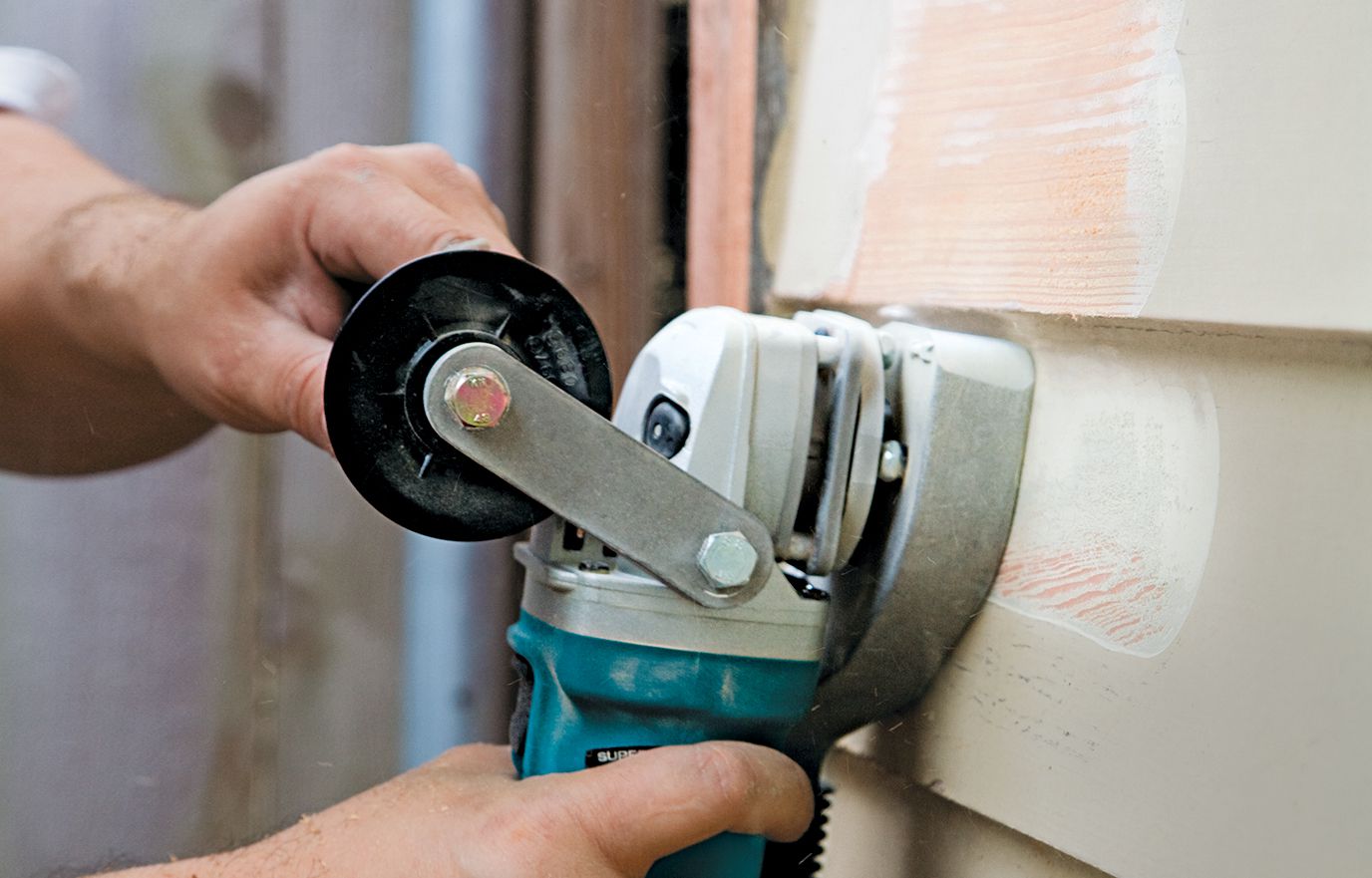

Tools & Equipment
What Grit Sandpaper For Exterior House
Published: December 20, 2023
Find the right grit sandpaper for your exterior house projects with our comprehensive guide. Get the best tools and equipment for the job.
(Many of the links in this article redirect to a specific reviewed product. Your purchase of these products through affiliate links helps to generate commission for Storables.com, at no extra cost. Learn more)
Introduction
Welcome to the world of home improvement, where every project presents an opportunity to transform your living space. When it comes to maintaining the exterior of your house, sanding plays a crucial role in preparing surfaces for painting, staining, or refinishing. However, choosing the right grit sandpaper for your exterior house project is essential for achieving a smooth and professional finish.
In this comprehensive guide, we will delve into the nuances of grit sandpaper and explore the factors to consider when selecting the ideal grit for your exterior house project. Whether you are tackling a deck restoration, refinishing outdoor furniture, or preparing your home's siding for a fresh coat of paint, understanding the intricacies of grit sandpaper will empower you to make informed decisions and achieve stunning results.
So, grab your sandpaper, put on your DIY hat, and let's embark on a journey to discover the perfect grit sandpaper for your exterior house project.
Key Takeaways:
- Choose coarse grit (40-80) for initial sanding of rough surfaces, medium grit (100-150) for smoothing, and fine grit (180-220) for a polished finish on exterior house projects.
- Consider surface material, project scope, existing finish, desired outcome, and tool compatibility when selecting grit sandpaper for exterior house projects.
Read more: What Grit Sandpaper For Polyurethane
Understanding Grit Sandpaper
Before delving into the specifics of grit sandpaper for exterior house projects, it’s essential to grasp the concept of grit and its significance in the sanding process. Grit refers to the abrasive particles embedded on the sandpaper surface, and it determines the coarseness or fineness of the sandpaper. The higher the grit number, the finer the sandpaper and the smoother the finish it produces.
Common grit numbers range from 40 (coarse) to 3000 (extra fine), with each serving a distinct purpose in the sanding process. Coarse grits are ideal for rapid material removal and smoothing rough surfaces, while finer grits excel in achieving a polished, blemish-free surface.
When sanding exterior surfaces such as wood, metal, or concrete, understanding the nature of the material and the desired outcome is crucial. Coarser grits are typically employed for initial sanding to eliminate imperfections, remove old finishes, and level uneven surfaces. As the project progresses, transitioning to finer grits facilitates the refinement of the surface, resulting in a pristine canvas for painting, staining, or sealing.
Furthermore, the type of abrasive material used in the sandpaper, such as aluminum oxide, silicon carbide, or garnet, influences its performance and durability. Considering these factors empowers DIY enthusiasts and professionals alike to wield the right grit sandpaper with precision and achieve exceptional results.
Now that we’ve established a foundational understanding of grit sandpaper, it’s time to explore the specific considerations for selecting the optimal grit for exterior house projects.
Factors to Consider for Exterior House
When determining the appropriate grit sandpaper for an exterior house project, several crucial factors come into play. Understanding and evaluating these factors will guide you in selecting the most suitable grit for achieving the desired surface preparation and finishing outcomes.
- Surface Material: The type of material being sanded significantly influences the choice of grit. For rough or weathered wood, concrete, or metal surfaces, starting with a coarse grit, such as 40 to 80, is effective for removing imperfections and old finishes. Conversely, smoother surfaces may only require fine grits, such as 180 to 220, for refinishing or preparing for paint.
- Project Scope: Consider the scope and scale of the exterior project. For large surface areas like decks, siding, or fences, utilizing a combination of coarse and medium grits for initial sanding, followed by finer grits for finishing, ensures comprehensive surface preparation and a uniform, professional finish.
- Existing Finish: Assess the condition of the existing finish, if any, on the exterior surfaces. Thick or stubborn coatings may necessitate the use of lower grits to effectively remove them before progressing to finer grits for smoothing and refinishing.
- Desired Finish: Envision the desired finish for the exterior surfaces. Whether aiming for a rustic, textured look or a sleek, polished appearance, the grit selection aligns with the desired outcome. Coarser grits impart a textured finish, while finer grits yield a smooth, lustrous surface ready for paint or stain application.
- Tool Compatibility: Consider the compatibility of the sandpaper grit with the sanding tools or equipment at your disposal. Whether using a handheld sanding block, orbital sander, or belt sander, ensuring that the grit is suitable for the specific tool prevents inefficiencies and potential damage to the surface.
By carefully considering these factors, you can tailor your grit sandpaper selection to the unique requirements of your exterior house project, setting the stage for a successful and visually captivating transformation.
Use 80-100 grit sandpaper for removing old paint or smoothing rough surfaces on exterior house. Use 120-150 grit for preparing surfaces for paint or stain.
Recommended Grit Sandpaper for Exterior House
Now that we’ve explored the fundamentals of grit sandpaper and the essential factors for exterior house projects, let’s delve into the recommended grits tailored to specific applications and surfaces. Understanding the optimal grit range for various exterior tasks empowers you to navigate the sanding process with confidence and precision.
- Initial Surface Preparation: When initiating an exterior house project, especially for weathered wood, rough concrete, or aged metal surfaces, employing coarse grits in the range of 40 to 80 is ideal. These grits swiftly eliminate imperfections, old finishes, and stubborn coatings, laying the groundwork for subsequent sanding stages.
- Intermediate Smoothing: As the project progresses, transitioning to medium grits, typically ranging from 100 to 150, facilitates the smoothing of surfaces and the removal of coarse sanding marks. This stage refines the substrate, preparing it for the final finishing touches.
- Final Finishing: For achieving a polished, paint-ready surface on exterior wood, metal, or concrete, finer grits ranging from 180 to 220 are recommended. These grits effectively smooth the surface, eliminating minor blemishes and ensuring a pristine canvas for painting, staining, or sealing.
- Specialized Applications: In instances where specialized exterior projects demand meticulous attention to detail, such as intricate woodwork or delicate finishes, ultra-fine grits exceeding 220 may be employed. Grits in the 240 to 320 range cater to these specific requirements, delivering exceptional smoothness and enhancing the overall aesthetic appeal.
It’s essential to note that these recommended grit ranges serve as general guidelines, and the specific requirements of your exterior house project may warrant slight adjustments based on the factors we previously discussed. Additionally, adapting the grit selection based on the unique characteristics of the surface and the desired finish ensures that your sanding efforts yield outstanding results.
Armed with these recommendations, you are well-equipped to embark on your exterior house endeavors, armed with the knowledge to select the perfect grit sandpaper for each stage of the transformative process.
Conclusion
Congratulations! You’ve journeyed through the intricate realm of grit sandpaper for exterior house projects, gaining valuable insights into the nuances of surface preparation, finishing, and the pivotal role of grit selection in achieving exceptional results. Armed with this knowledge, you are poised to elevate your exterior spaces through meticulous sanding and transformative refinishing.
By understanding the diverse grit ranges and their applications, coupled with the critical factors influencing grit selection, you have unlocked the key to unlocking the full potential of your exterior house projects. Whether revitalizing weathered wood, refinishing metal accents, or preparing concrete surfaces for a fresh coat of paint, the art of grit sandpaper selection is now at your command.
As you embark on your exterior house endeavors, remember that the journey is as enriching as the destination. Embrace the tactile sensation of sanding, the gradual unveiling of a pristine surface, and the anticipation of a stunning finish. Each stroke of the sandpaper is a testament to your dedication to craftsmanship and the art of transformation.
So, gather your sandpaper arsenal, envision the end result, and let your exterior house project unfold as a testament to your skill and creativity. With the right grit sandpaper as your ally, every stroke brings you closer to a visually captivating and enduring transformation.
May your exterior house projects be imbued with precision, artistry, and a touch of DIY magic, culminating in spaces that exude charm, resilience, and timeless beauty.
Now, go forth and unleash the power of grit sandpaper, transforming your exterior house into a canvas of enduring elegance and allure.
Frequently Asked Questions about What Grit Sandpaper For Exterior House
Was this page helpful?
At Storables.com, we guarantee accurate and reliable information. Our content, validated by Expert Board Contributors, is crafted following stringent Editorial Policies. We're committed to providing you with well-researched, expert-backed insights for all your informational needs.
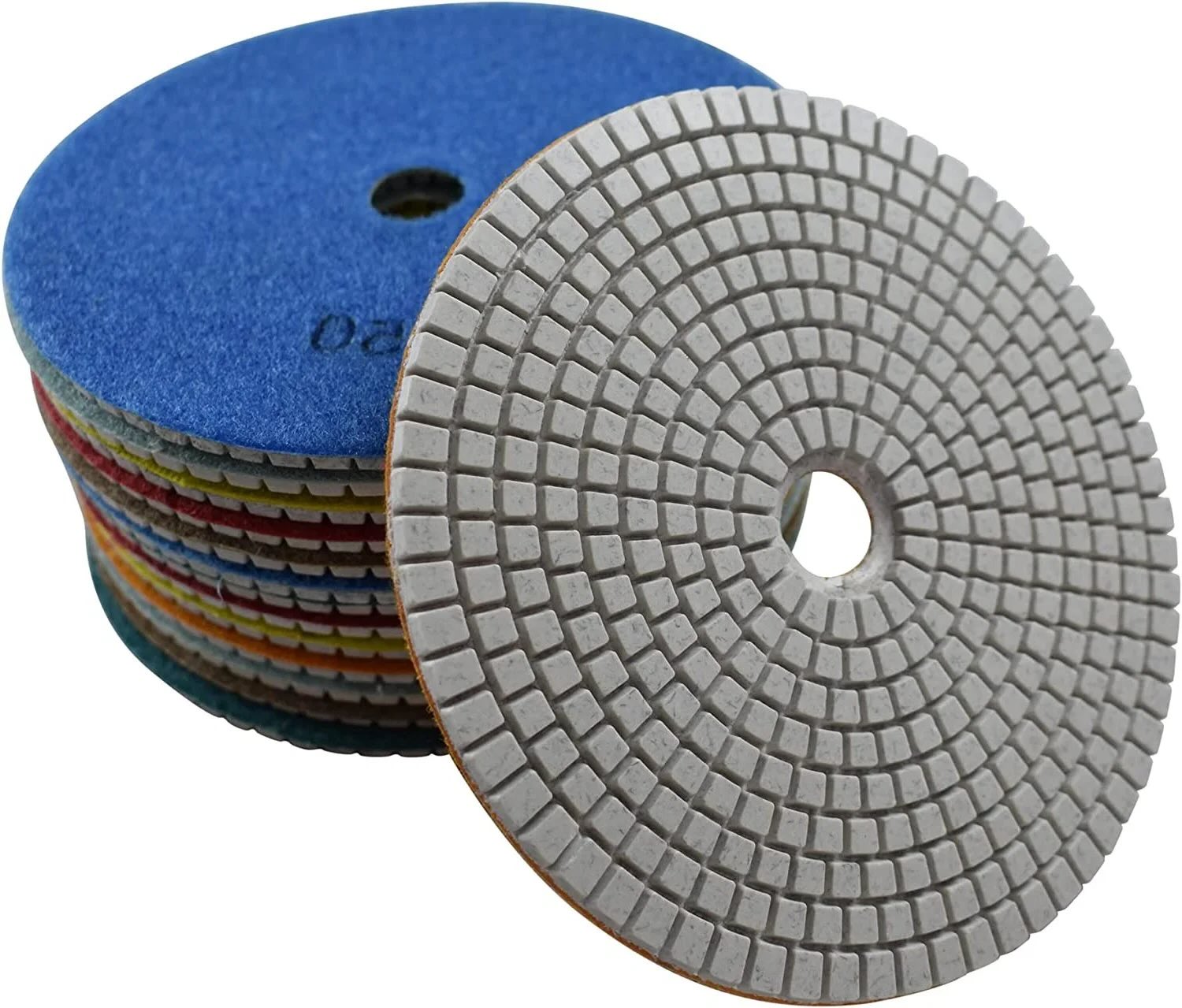
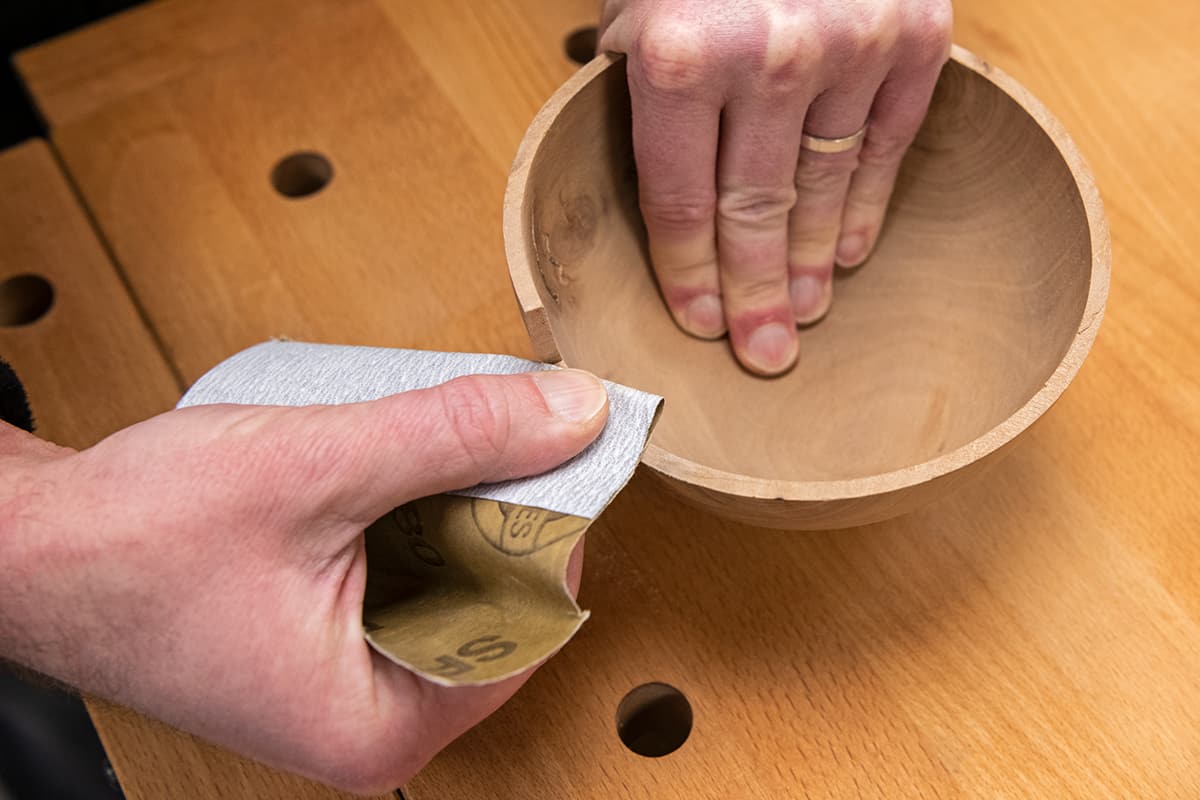
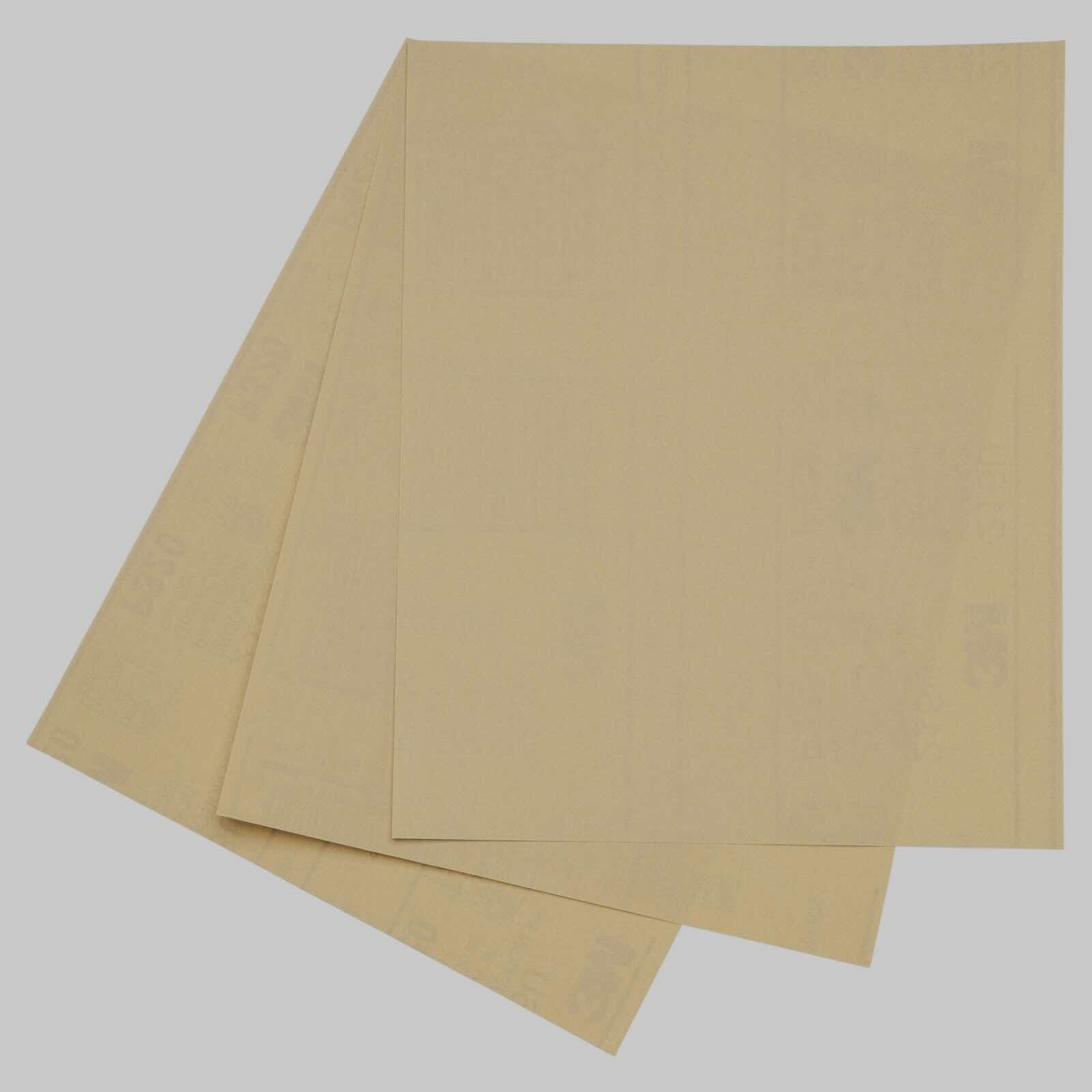
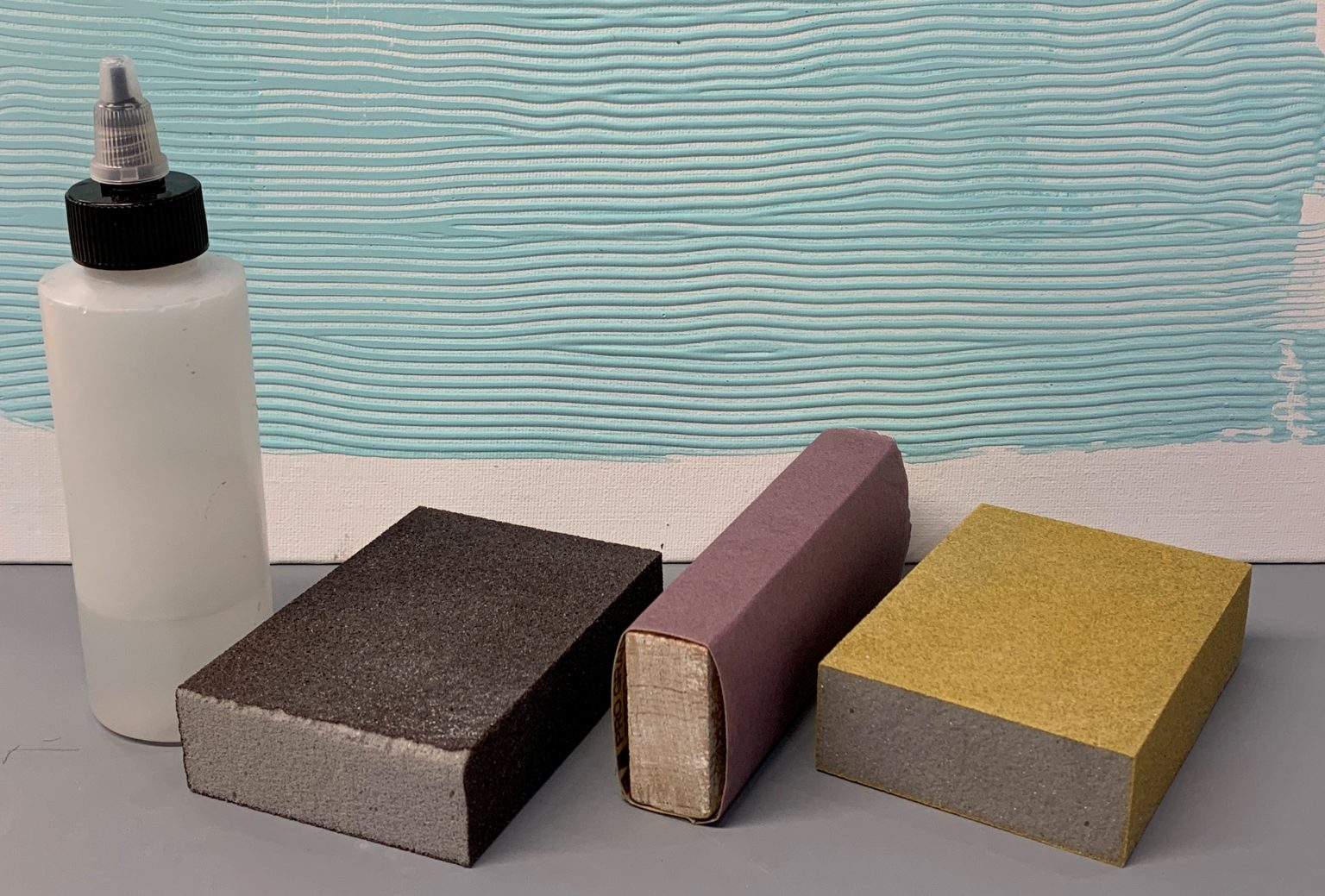
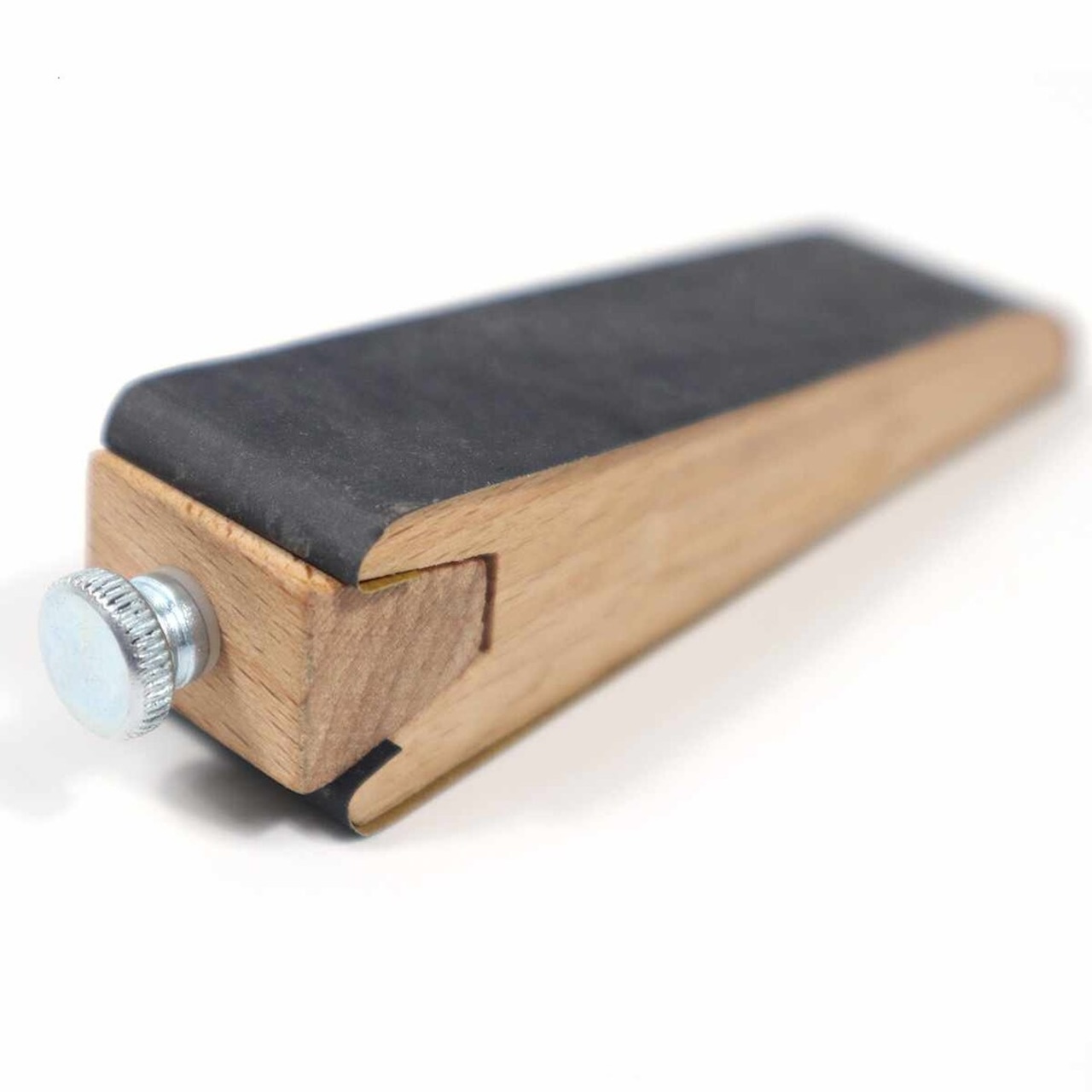
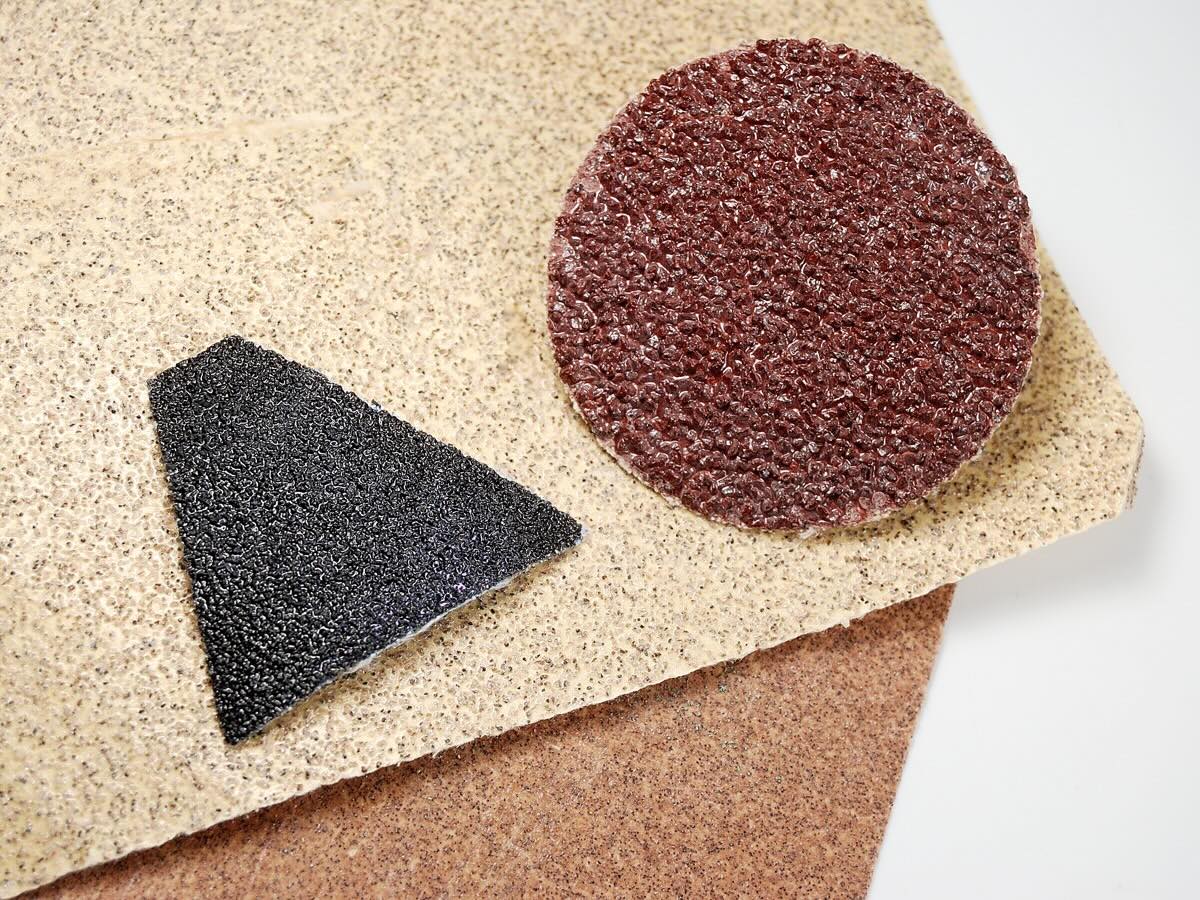
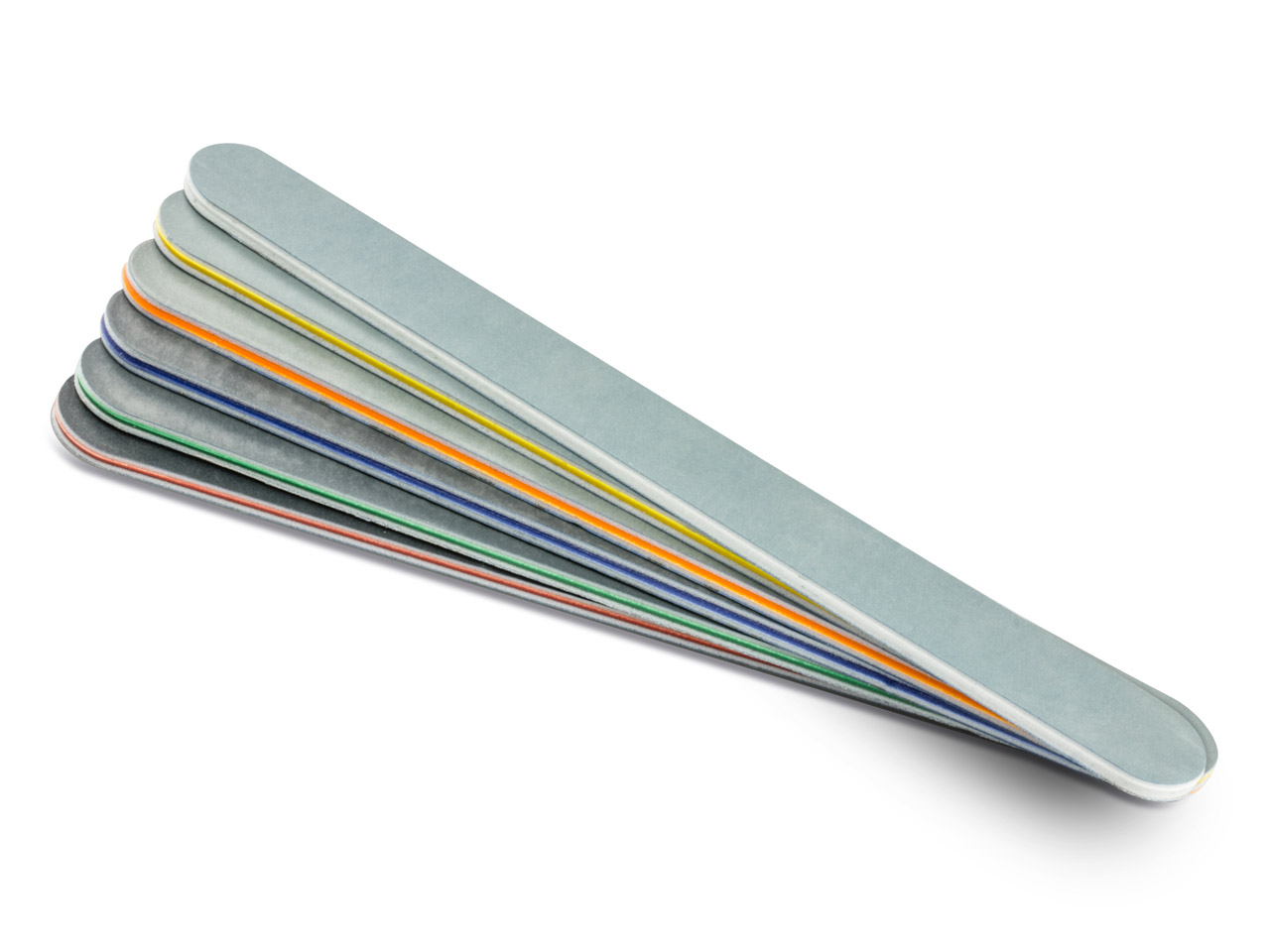
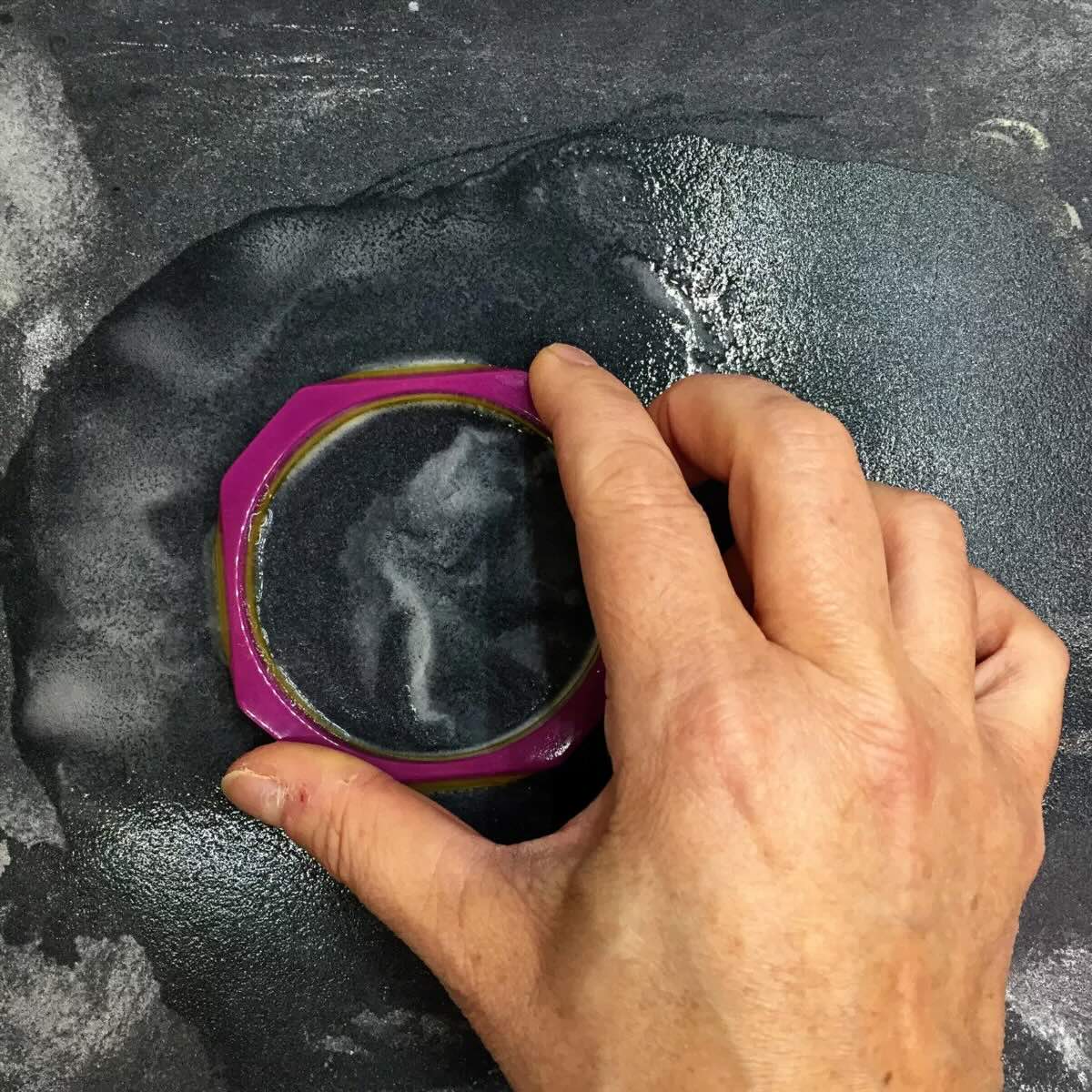
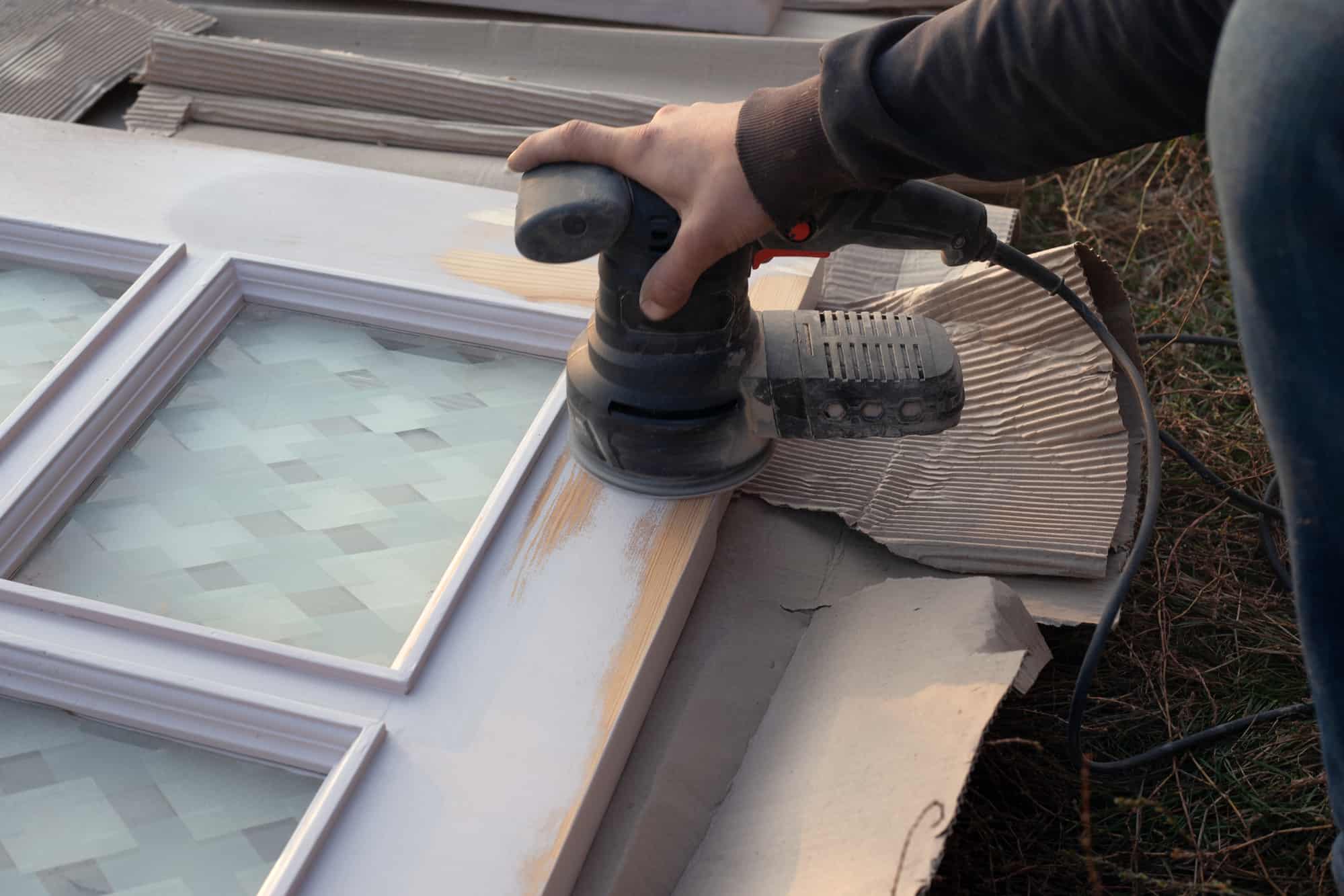
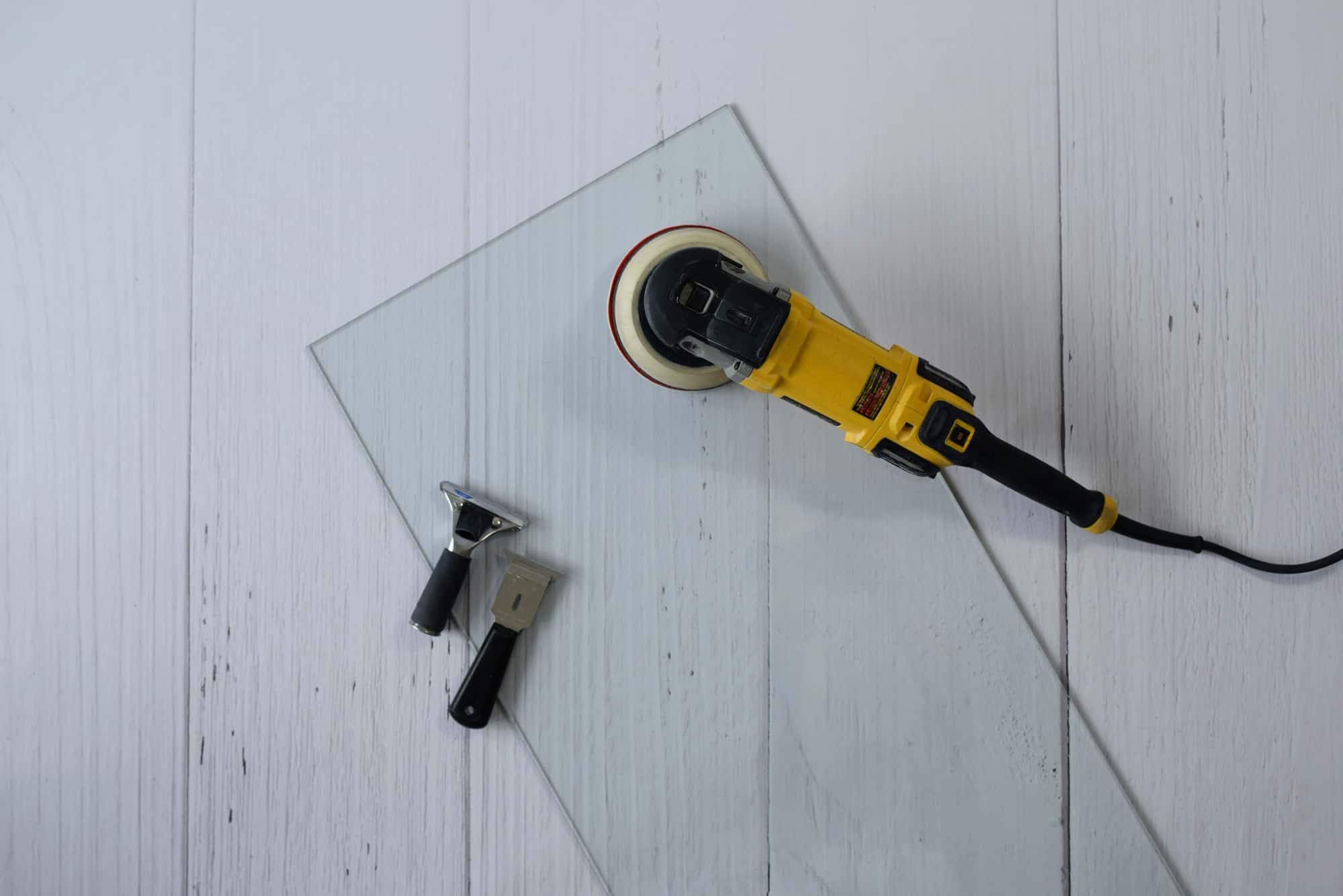
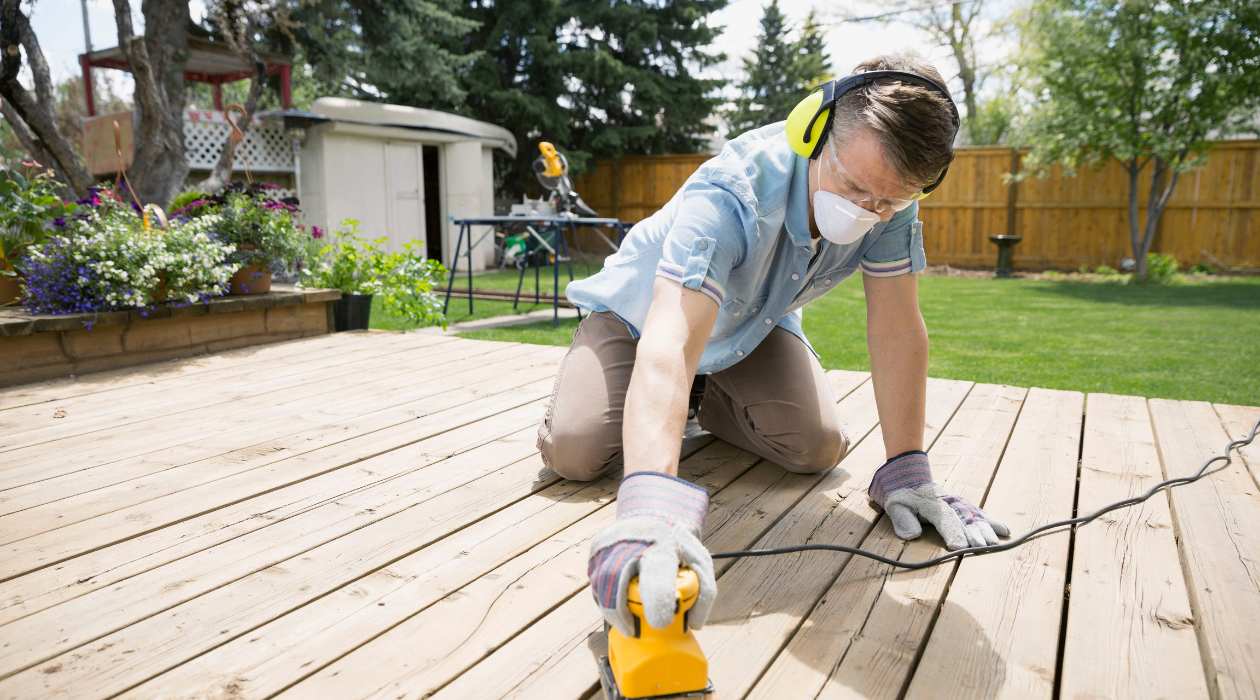
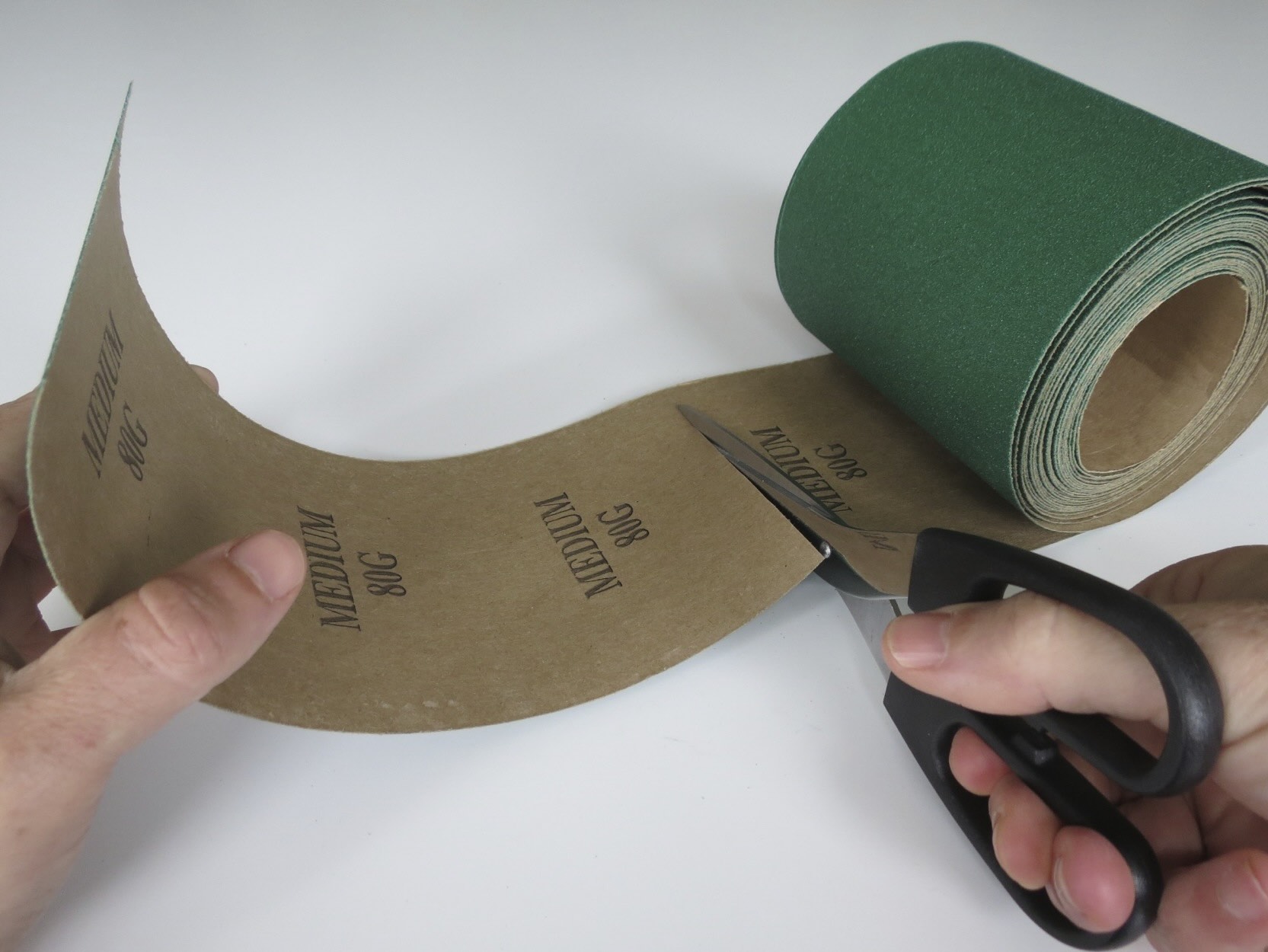
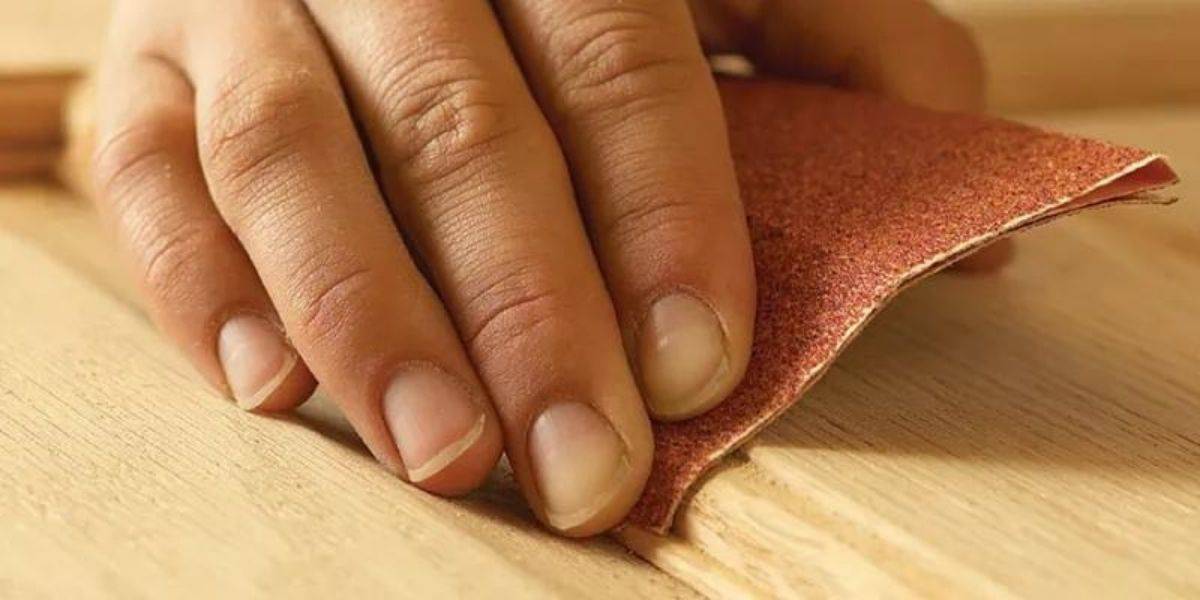
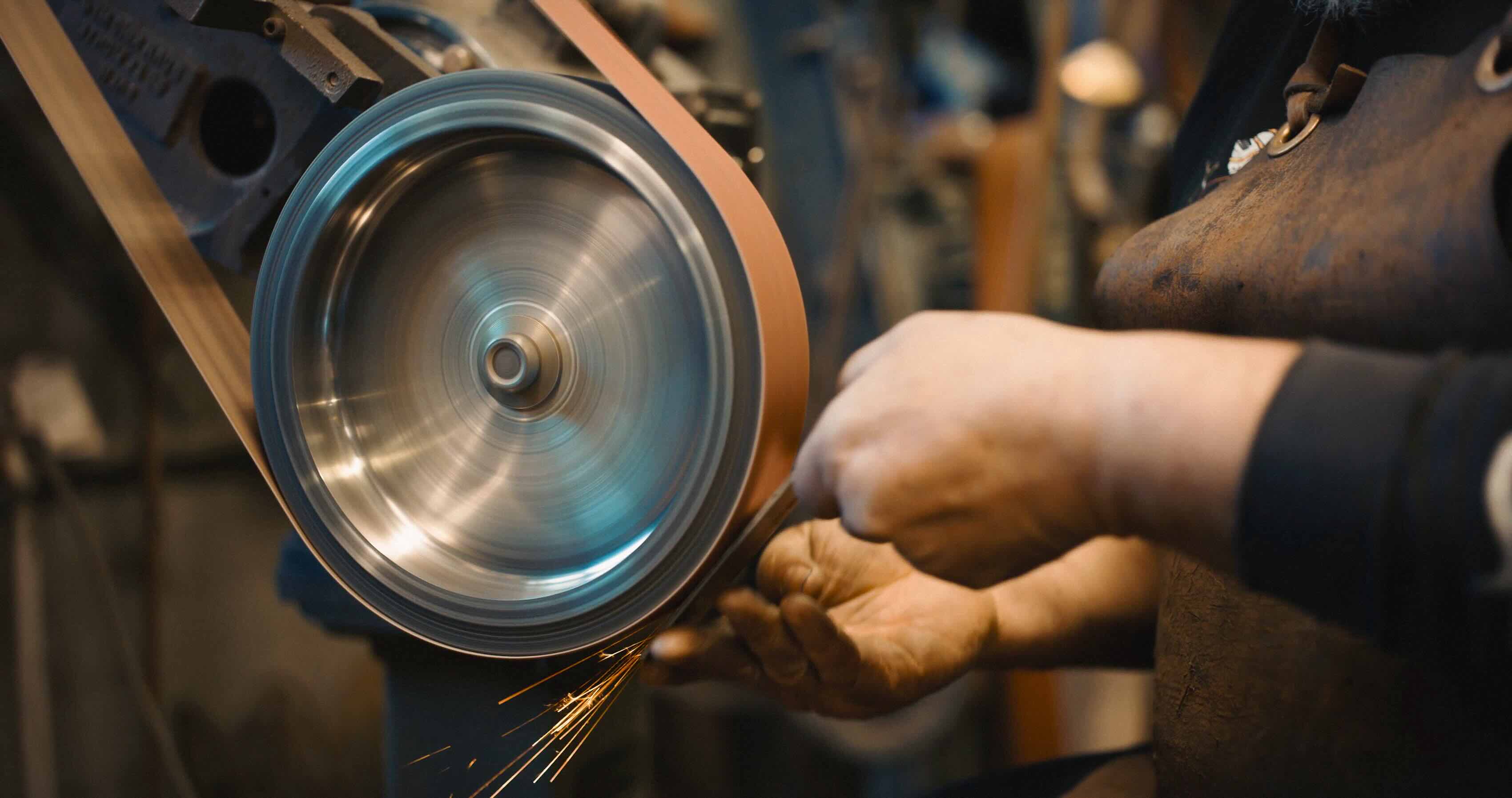
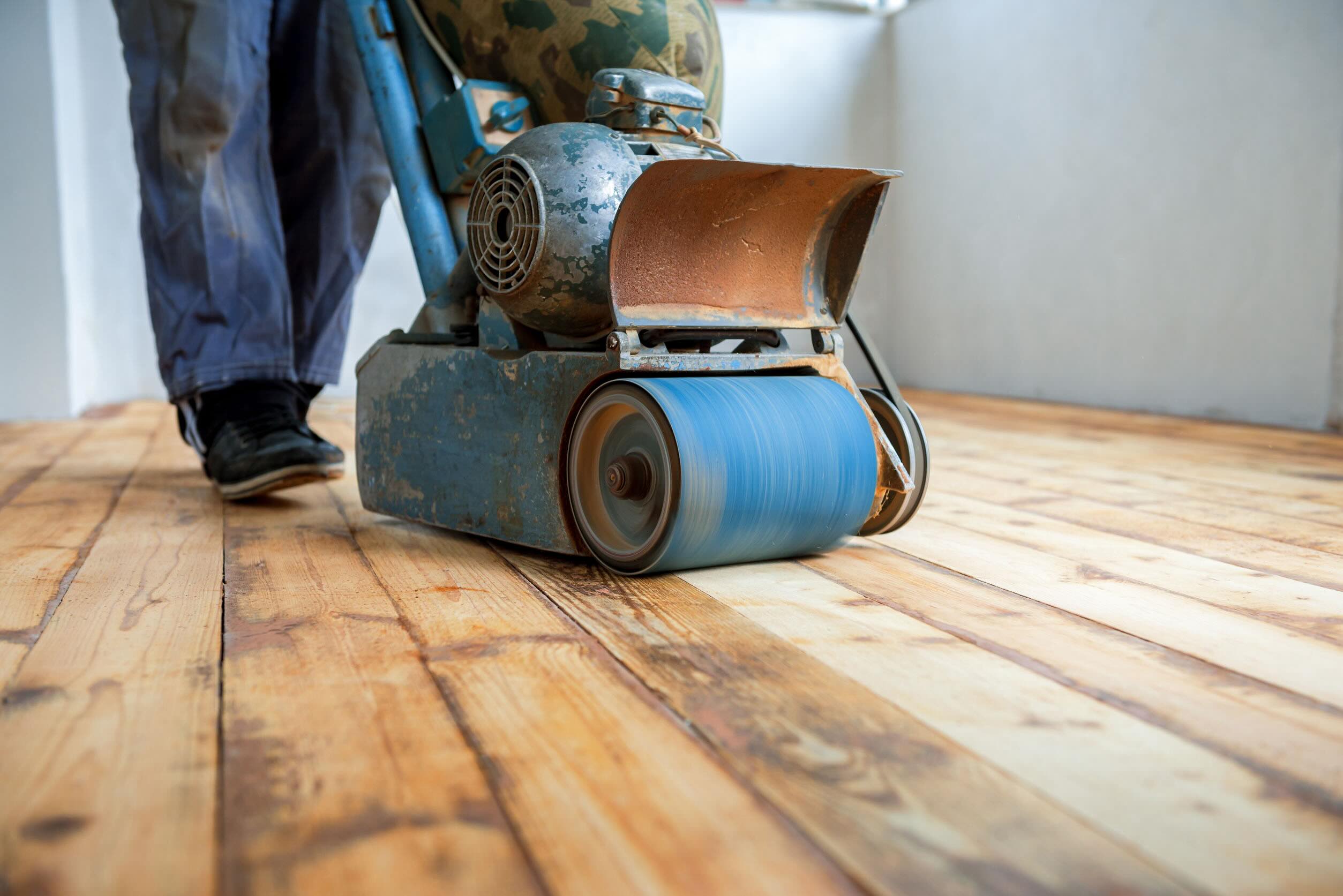

0 thoughts on “What Grit Sandpaper For Exterior House”